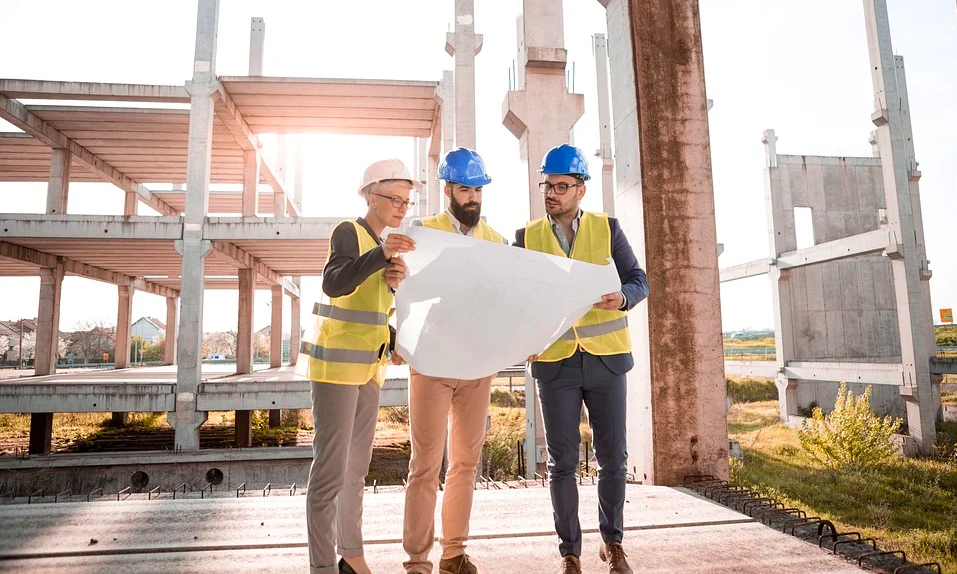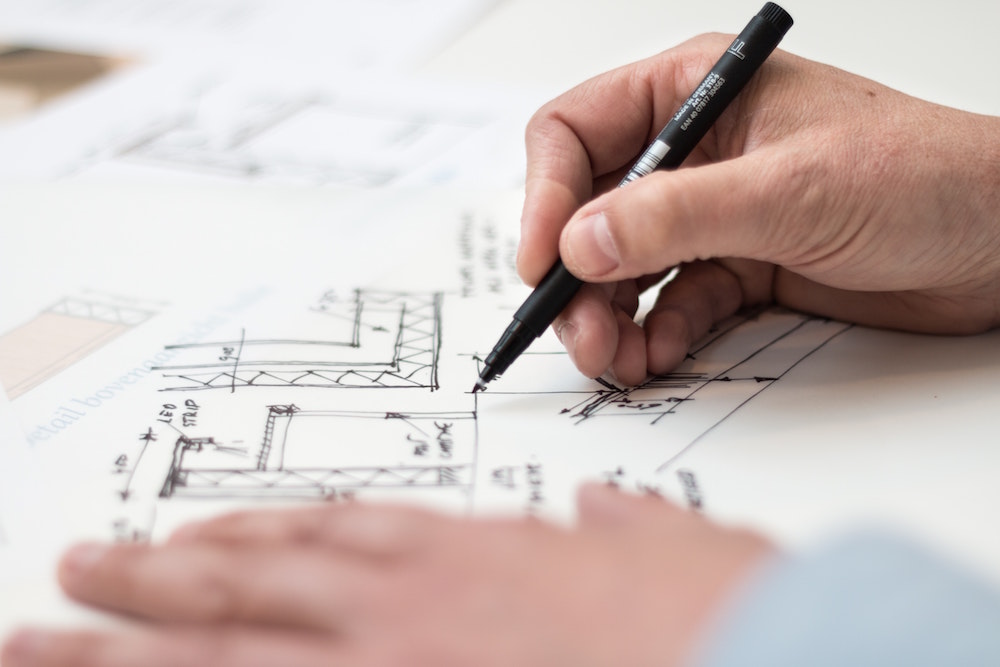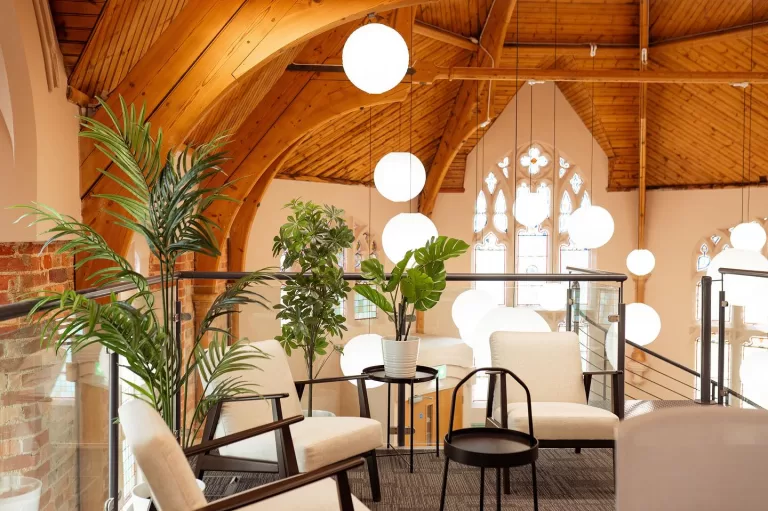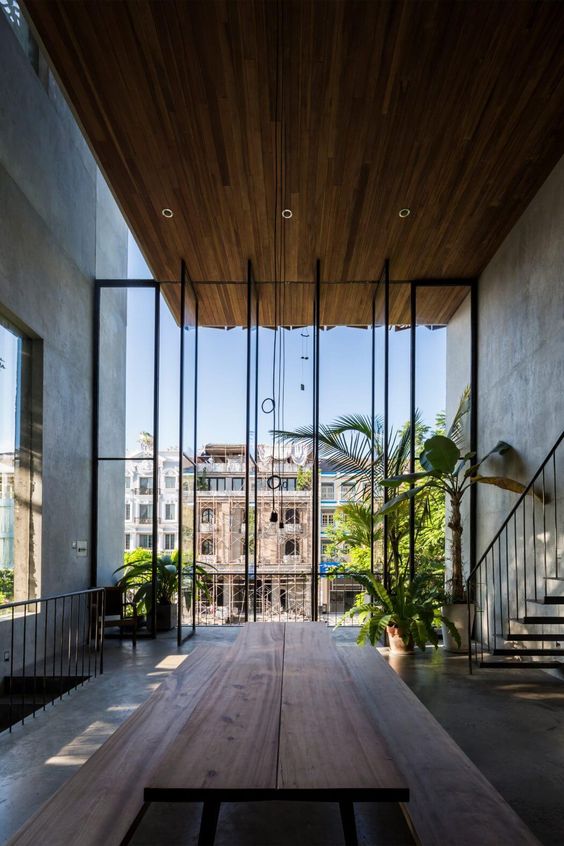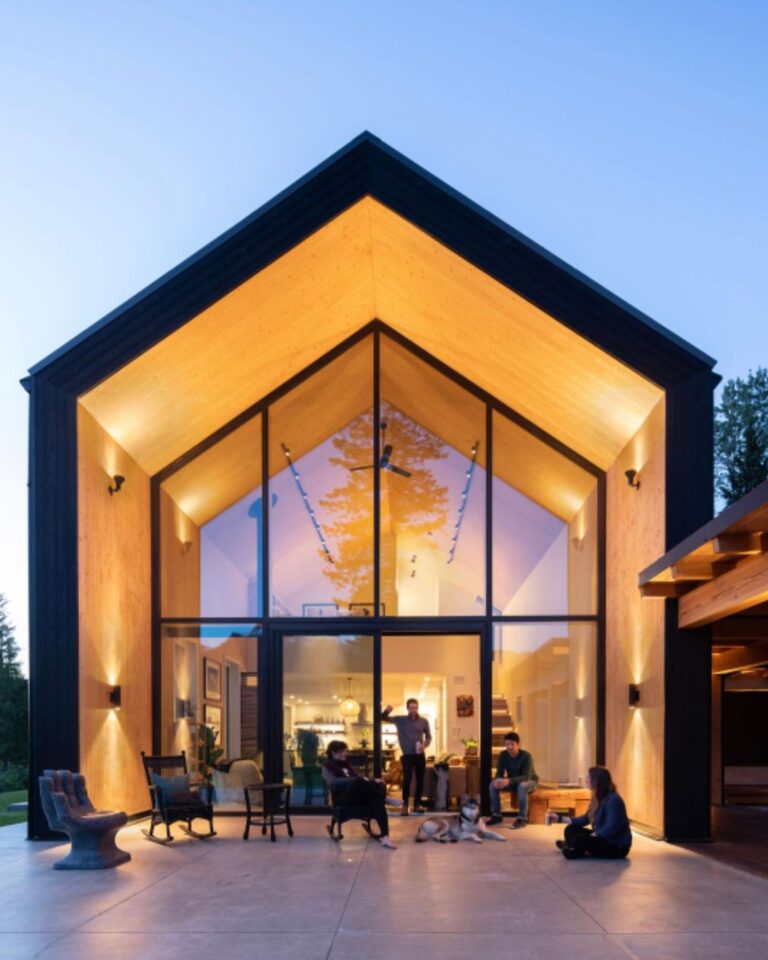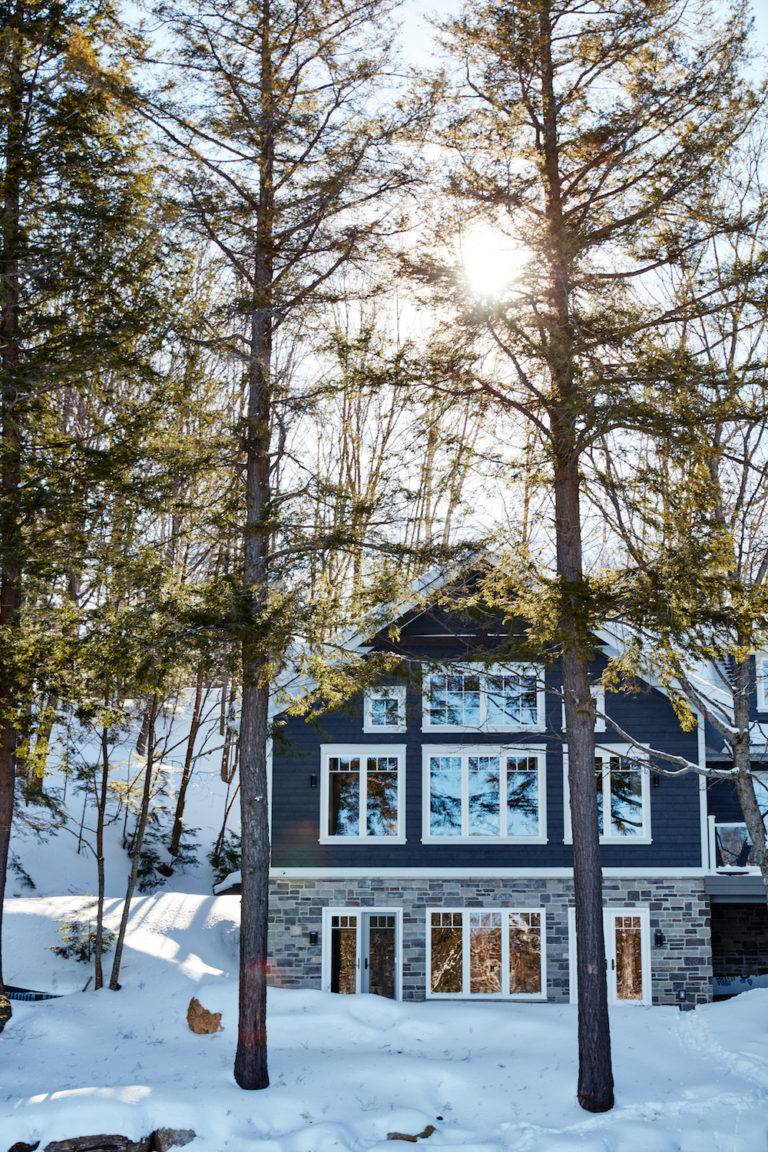How To Properly Set A Budget For Construction Projects
Construction projects are infamous for their ability to overrun any set budget. When it comes to building anything, the bigger and more sophisticated it is, the more variables will be in play. Not planning properly for a construction project can be a fatal managerial mistake with the potential to ruin the whole project. If you set aside enough time to properly set your budget, it will be of significant value in the long run. An adequate budget for construction projects requires taking into consideration a lot of factors like contingency funds, exterior, HVAC, and many more that we’ll discuss in detail.
Property Costs
There is no way to account for every little detail in the budget without ascertaining the property costs. In certain locations, the cost of the property can account for up to 60% of the total budget of the project. This doesn’t mean that you’ll have to use up most of your resources into getting your hand on a decent land; less-desirable locations won’t set you back more than 10% of the budget. The land cost isn’t the price of the property alone, but it includes real estate, financing, taxes, and other fees. When you’re accounting for the property, it should be noted that property costs are usually a one-time investment that contributes to the value of your project way more than it costs. If you accurately estimate it in your budget, you’ll be able to see the true incremental progress of the investment as you begin constructing the land.
Fees and Services
Since constructing projects often include a plethora of fees and services, it’s important to be able to account for all of them to set the correct budget for your construction project. The first and most important fees that you should get into your account is building and occupancy permits, not to mention any extra costs involved in filing for permits with your local government’s office.
The geotechnical fees will depend on the company that does the surveying, studying, and testing, so make sure you get a direct quote from them. Master planning, architecture, and roofing design services are also included. If your project includes roof renovation, you should ask your roofing contractors, whether the project will include foam roofing, insulation, recoating and their full price as well. Either it’s a new roof or renovation, you want to make sure that it can hold for many years while being within your budget. Once you get these costs down, you’ll have more freedom to calculate the remaining costs of the construction project.
Soft and Hard Costs
There is no one way to determine a standard building plan that’s perfect for all projects. A popular and proven way to help guide you during your budget planning is to divide your expenses according to their nature. Soft costs and hard costs are two terms that are used to evaluate the specific value of costs that you’ll be paying in your project. Soft costs are those costs that aren’t tangible with the physical building itself, such as permits, buying of land, taxes, and similar pre- and post-construction expenses. On average, soft costs are usually around 30% of the total budget for the construction project. Soft expenses can be problematic from an accounting standpoint because fees and taxes can change frequently, making a final estimation hard to determine before starting the project.
Hard expenses constitute the majority of the budget, but they’re much easier to evaluate because it’s based on the value of physical labor and materials, which can be contractually fixed at a price before beginning the project. Controlling costs and loss in this category should be as solid as possible because you can expect a little margin of error in the soft cost’s category. The division of budget into those two categories will help you identify which costs aren’t entirely under your control.
Project Development
After you’re through with the research phase of the project, you’ll start modeling your ideas to work in the practical world. The final design is chosen and based upon it, the project manager should choose the required materials and services needed to make it complete. Experienced project managers can make a quick initial estimate based on projects of a similar nature. This will help the manager know the range of the bid, in addition to setting a contingency budget, which is a budget that’s set aside to make sure that any unexpected or accidental expenses can be covered instead of causing the project to be delayed.
Setting a budget is one of the most important phases of any construction project. Since these projects are usually expensive, determining the budget can even help you decide whether the investment or expenses will be worth it or not. As a project manager, you’ll want to rely on your experience or others’ to be able to navigate unexpected budget hurdles.

